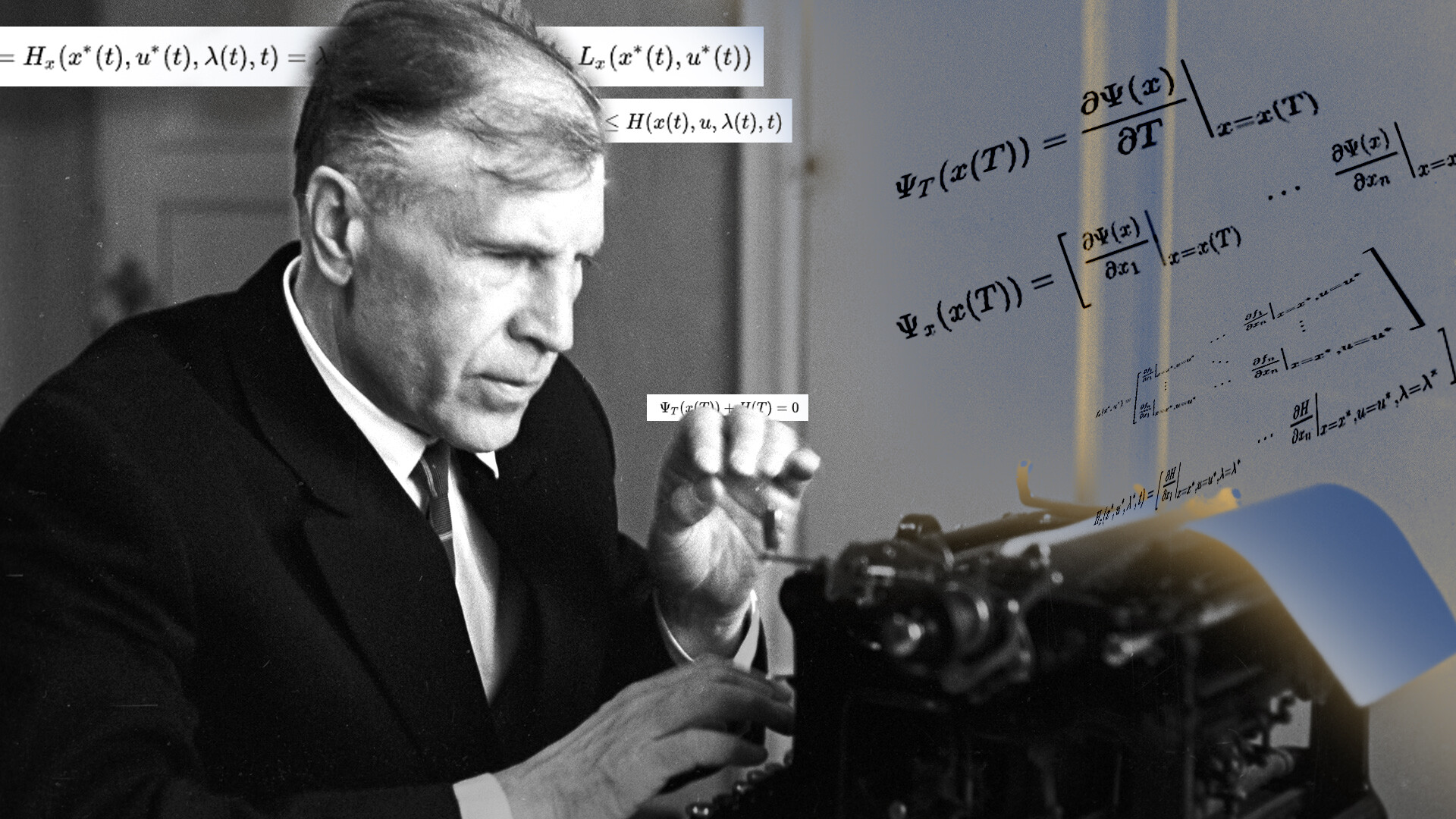
One ill-fated day in 1921, a terrible tragedy happened to ordinary Soviet schoolboy Lev Pontryagin. A broken primus stove, which he was trying to repair, exploded right in his face, leaving the teenager completely blind.
Lev’s father, Semyon Akimovich, witnessed the disaster and literally broke down. He began to suffer from epileptic seizures, quickly became disabled and soon died of a stroke.
However, the boy himself was not ever going to give up. He not only survived, but also managed to become an outstanding and world-renowned scientist.
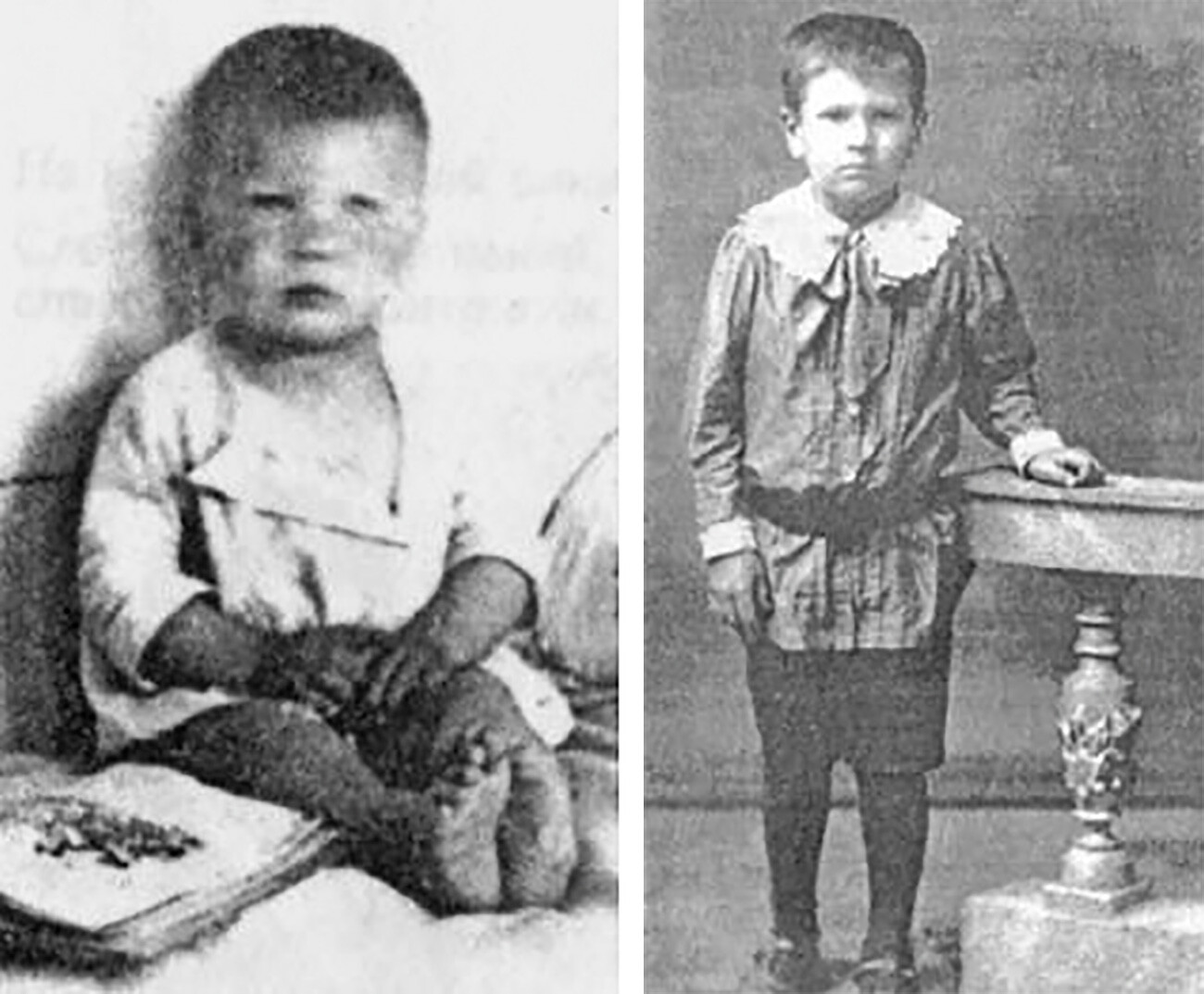
Lev Pontryagin during his childhood years.
Archive photoThe first years after the tragedy were the hardest in Lev’s life. It seemed that school life was now over, but his classmates came to the rescue. They repeated out loud to him what the teacher wrote on the blackboard and helped him with homework.
The boy faced a difficult question in what to dedicate his life to. He diligently learned to play the piano and tried his hand at crafts. However, mathematics ultimately became his real passion.
His mother, a simple dressmaker named Tatiana Andreyevna, provided him great assistance in helping the teenager understand the science. “[She] showed great self-control and self-sacrifice in helping me overcome difficulties,” Pontryagin recalled. “Having no systematic education, she helped me do home assignments when I was at school, read me books not only on the humanities that were part of the school program, but also on mathematics, which she did not know at all and, incidentally, the books on mathematics went far beyond the school program.”
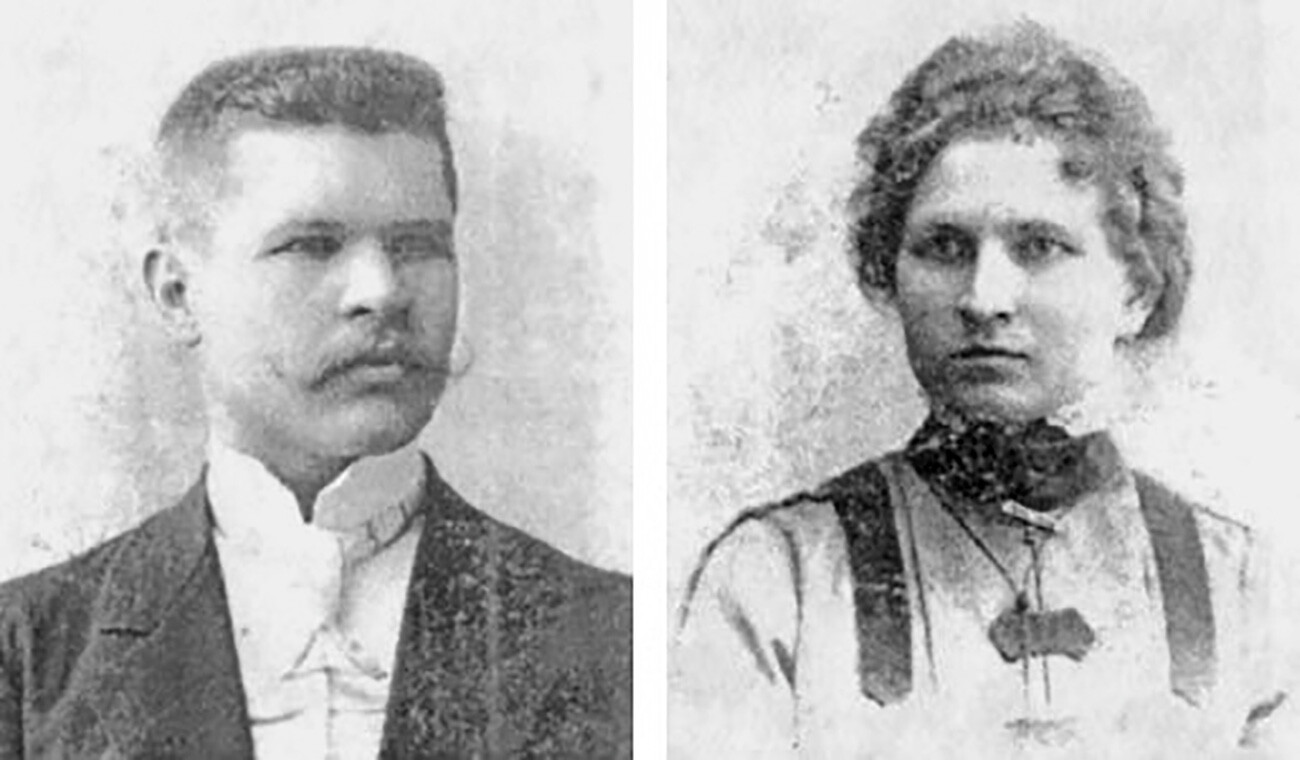
Pontryagin's parents.
Archive photoThe mother devoted herself completely to her son, in effect becoming his secretary. Every day, she read dozens of pages of mathematical formulas aloud to him, which he memorized.
The most difficult thing for Tatiana Andreevna was to explain to Lev the mathematical signs that he did not see. For each such sign, she invented special designations that the child could understand (“tail up”, etc.). The future scientist had never in his life used the Braille alphabet, specially developed for the blind.
In 1925, Pontryagin finished school with honors and enrolled in the Faculty of Physics and Mathematics at the Moscow University. At lectures he, of course, did not write anything down, but, instead, memorized everything. At night, lying in bed, the young man pondered what he had heard. “Writing down something distracts attention from understanding the lecture itself,” Lev Semyonovich believed.
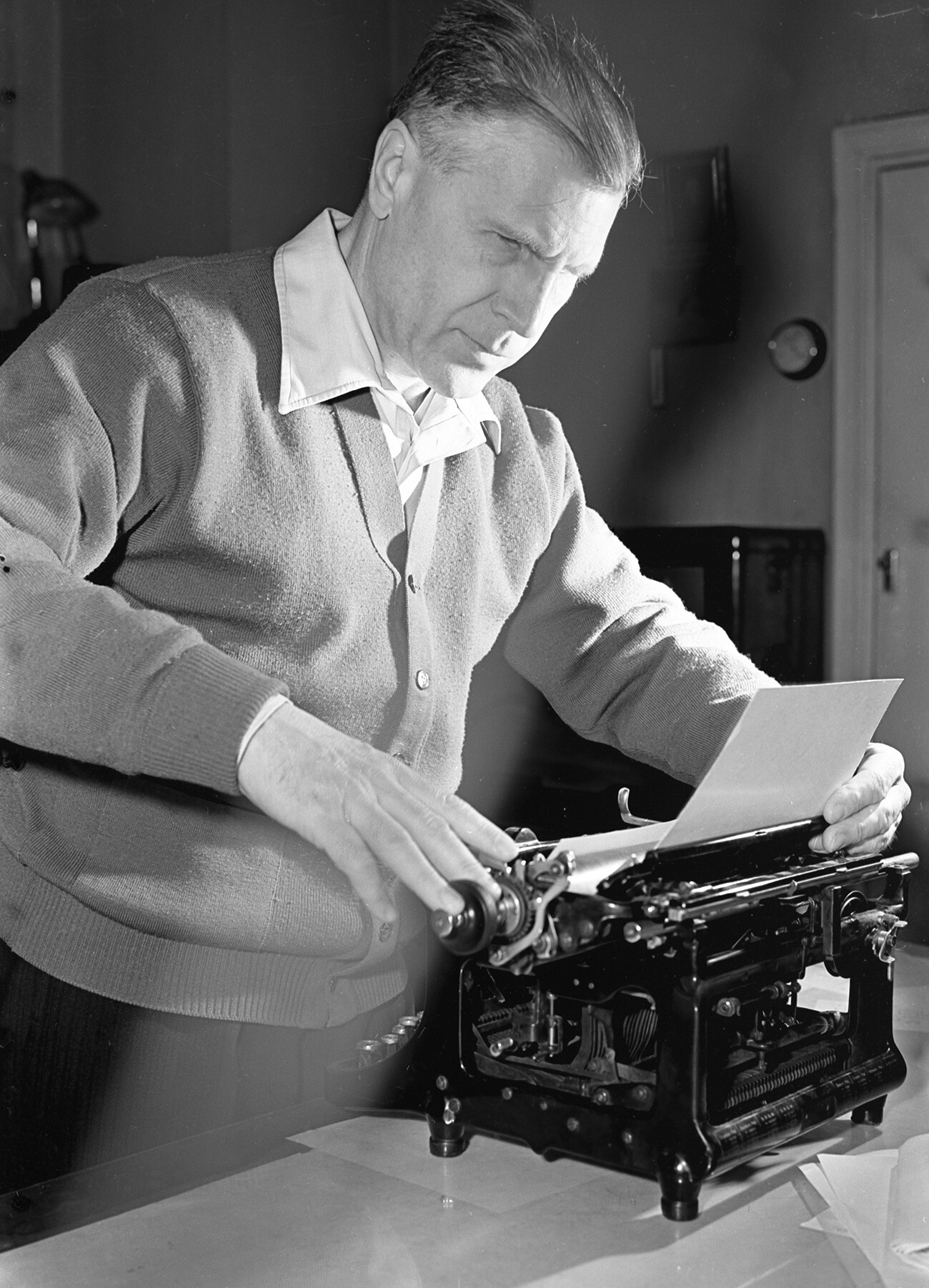
Lev Pontryagin.
Nikolay Maksimov/SputnikThe university was followed by postgraduate studies and teaching. Already at the age of 27, Pontryagin became a doctor of physics and mathematics.
At every stage of his life journey, his mother continued to provide her son with complete support, without which he would hardly have been able to achieve much. His classmates, colleagues, assistants, friends and acquaintances also helped him. The mathematician listened and memorized everything. He developed a phenomenal memory and kept huge amounts of information in his head.
To record his scientific works, Pontryagin used a typewriter. At the same time, he purposefully left some space, in which then, at his request, mathematical formulas were added.
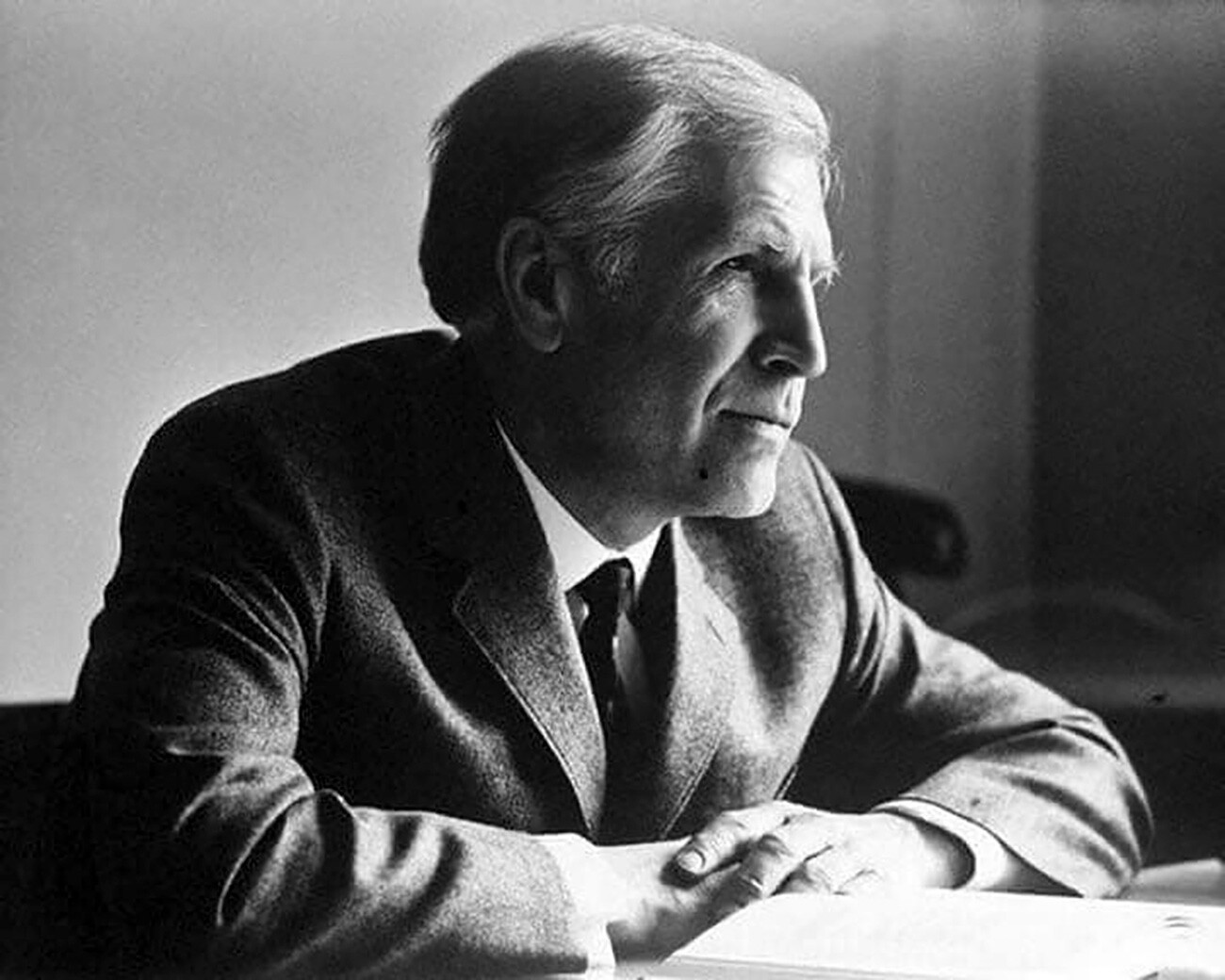
Later, Pontryagin began to make extensive use of the tape recorder. His mother or assistants read scientific or artistic literature on a tape recorder, which Lev Semyonovich listened to. He, in turn, and himself dictated his works on it, which he then gave to assistants for transcription.
The scientist tried to live his life to the fullest. He almost never used any special devices, walked without a cane and without the help of other people. Because of this, he often fell, which caused fresh bruises and scratches to appear on his face. Nevertheless, Lev Semyonovich got up and walked on again.
Pontryagin even learned to dance, ski and skate. Also, the scientist was twice married.
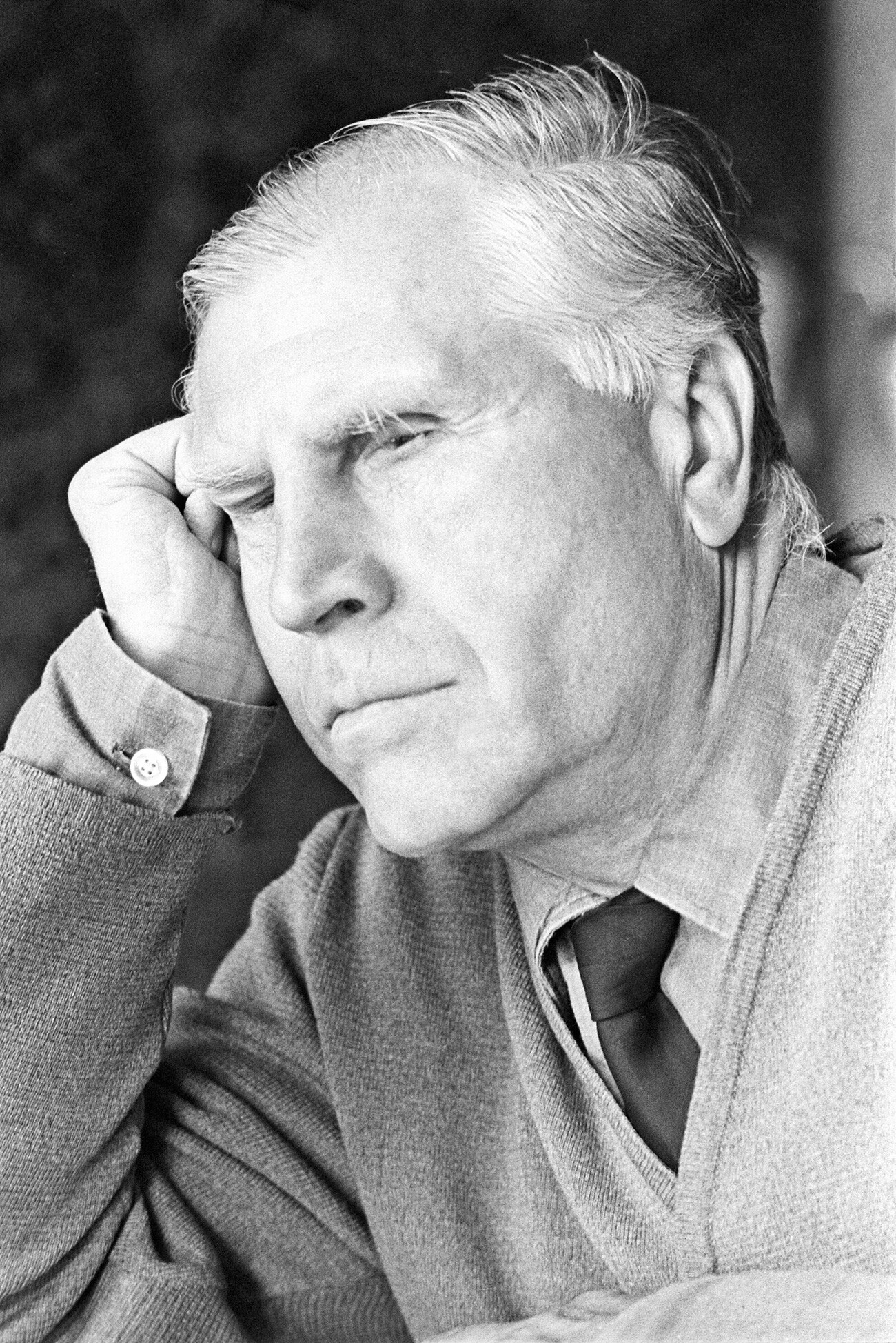
Lev Pontryagin authored about 300 publications, including several monographs and coursebooks. For his contribution to science, he was awarded a number of Soviet state prizes and other high awards, became an honorary member of the International Academy of Astronautics, the London Mathematical Society and the Hungarian Academy of Sciences, as well as an honorary Doctor of Science of the University of Salford (UK).
Thanks to the scientist, such terms as ‘Pontryagin’s maximum principle’, ‘Pontryagin’s characteristic classes’, ‘Pontryagin’s duality’, ‘Pontryagin's square’, ‘Andronov-Pontryagin criterion’ and others appeared in science.
Lev Semyonovich did a great deal to prevent the dubious project of turning a number of Siberian rivers to the arid regions of Central Asia from seeing the light of day. The mathematician calculated the unfavorable consequences of this step and sent a personal letter to the country’s leader Mikhail Gorbachev.
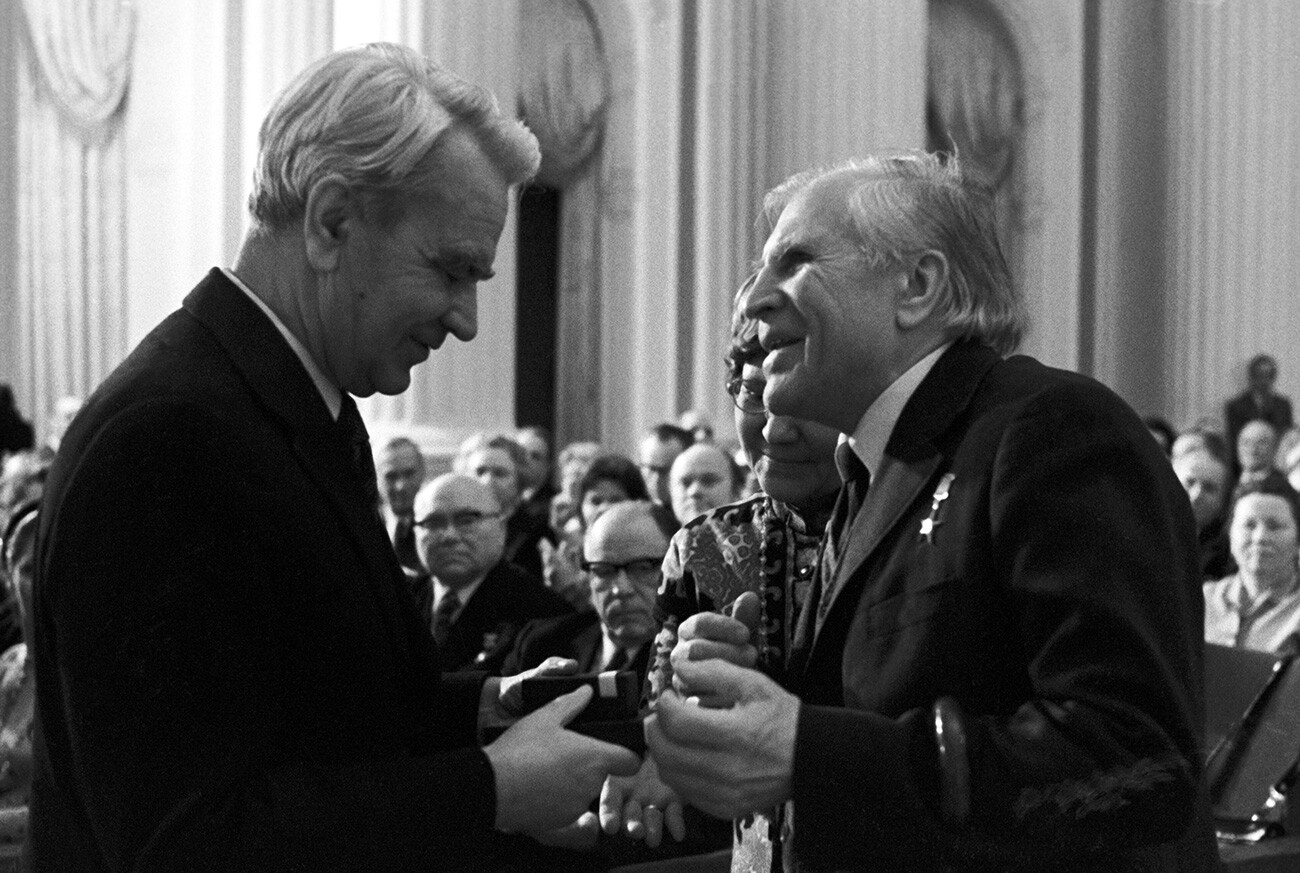
President of the USSR Academy of Sciences Mstislav Keldysh presents Pontryagin a Lenin Prize.
Alexander Konkov/TASSIn the honor of Academician Pontryagin, an asteroid and a street in Moscow were named, and two busts were erected, one of which is in the Russian State Library for the Blind.
“Why did Lev Semyonovich happen to do that much?” wondered Pontryagin’s colleague, mathematician Igor Shafarevich. “I think, because he never asked himself whether he had enough energy for this or that undertaking. He would take up some new activity and a sufficient amount of energy would come with it. He was constantly pushing the limits of what was possible.”
If using any of Russia Beyond's content, partly or in full, always provide an active hyperlink to the original material.
Subscribe
to our newsletter!
Get the week's best stories straight to your inbox